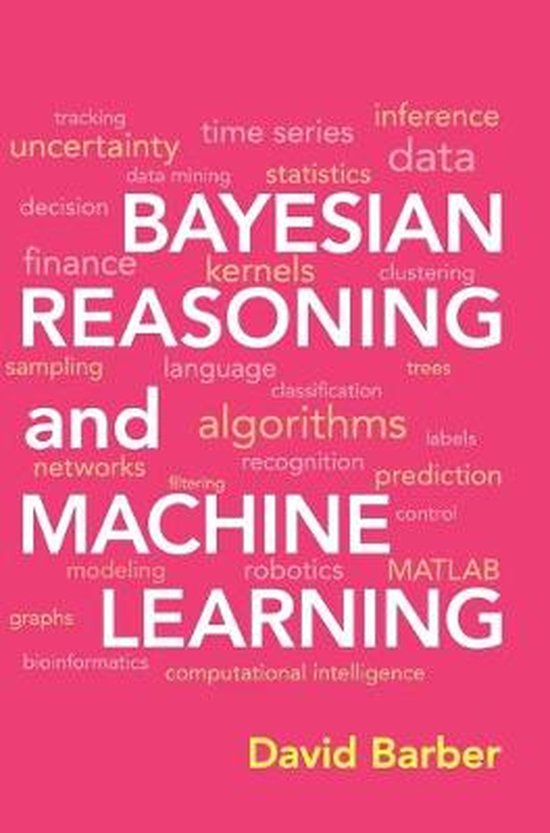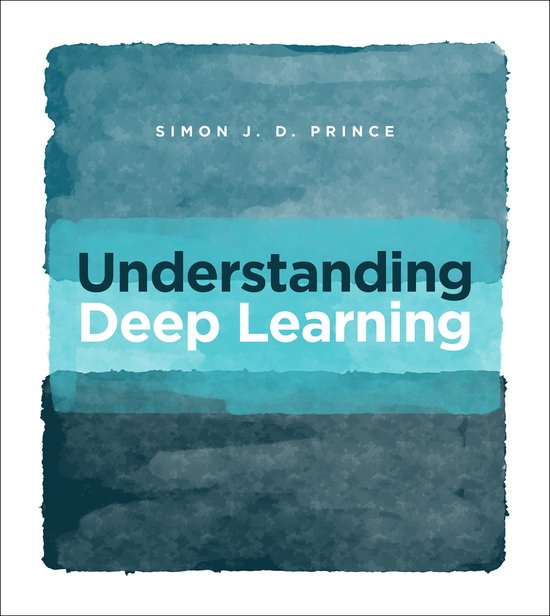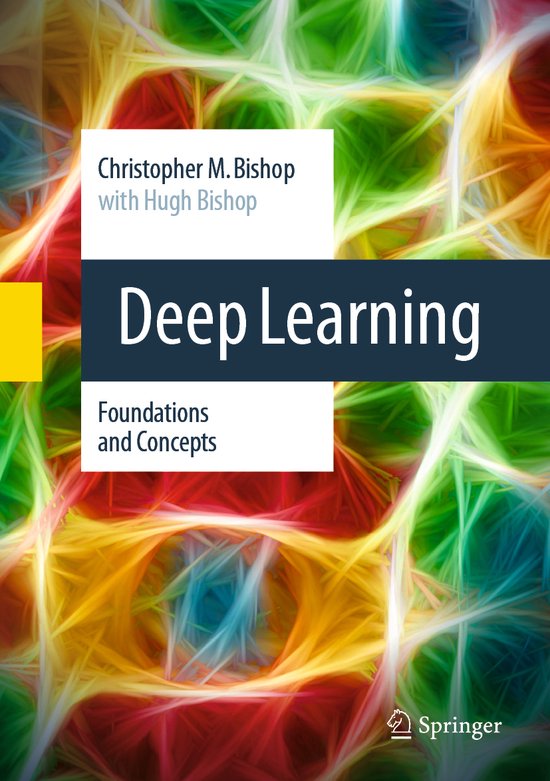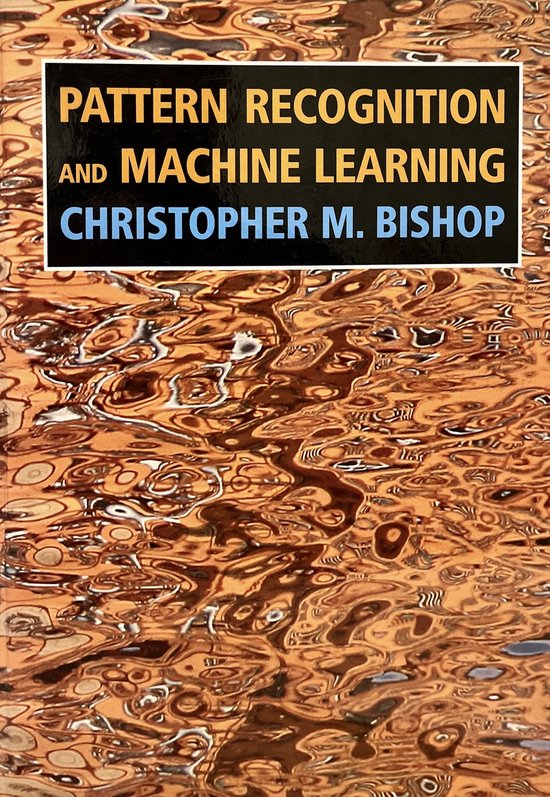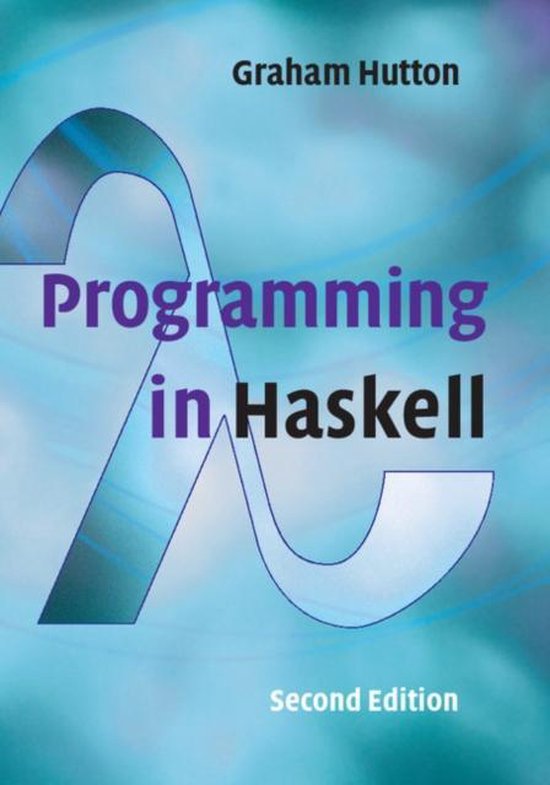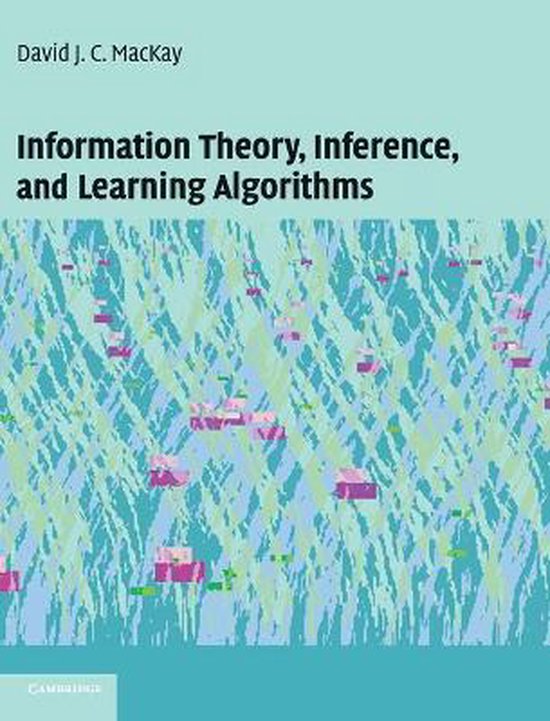
Information Theory, Inference and Learning Algorithms
This textbook covers Shannon's theory of information as well as neural networks and probabilistic data modelling.
Information theory and inference, taught together in this exciting textbook, lie at the heart of many important areas of modern technology - communication, signal processing, data mining, machine learning, pattern recognition, computational neuroscience, bioinformatics and cryptography. The book introduces theory in tandem with applications. Information theory is taught alongside practical communication systems such as arithmetic coding for data compression and sparse-graph codes for error-correction. Inference techniques, including message-passing algorithms, Monte Carlo methods and variational approximations, are developed alongside applications to clustering, convolutional codes, independent component analysis, and neural networks. Uniquely, the book covers state-of-the-art error-correcting codes, including low-density-parity-check codes, turbo codes, and digital fountain codes - the twenty-first-century standards for satellite communications, disk drives, and data broadcast. Richly illustrated, filled with worked examples and over 400 exercises, some with detailed solutions, the book is ideal for self-learning, and for undergraduate or graduate courses. It also provides an unparalleled entry point for professionals in areas as diverse as computational biology, financial engineering and machine learning.
Information theory and inference, taught together in this exciting textbook, lie at the heart of many important areas of modern technology - communication, signal processing, data mining, machine learning, pattern recognition, computational neuroscience, bioinformatics and cryptography. The book introduces theory in tandem with applications. Information theory is taught alongside practical communication systems such as arithmetic coding for data compression and sparse-graph codes for error-correction. Inference techniques, including message-passing algorithms, Monte Carlo methods and variational approximations, are developed alongside applications to clustering, convolutional codes, independent component analysis, and neural networks. Uniquely, the book covers state-of-the-art error-correcting codes, including low-density-parity-check codes, turbo codes, and digital fountain codes - the twenty-first-century standards for satellite communications, disk drives, and data broadcast. Richly illustrated, filled with worked examples and over 400 exercises, some with detailed solutions, the book is ideal for self-learning, and for undergraduate or graduate courses. It also provides an unparalleled entry point for professionals in areas as diverse as computational biology, financial engineering and machine learning.
| Auteur | | David J. C. MacKay |
| Taal | | Engels |
| Type | | Hardcover |
| Categorie | | Wetenschap & Natuur |
